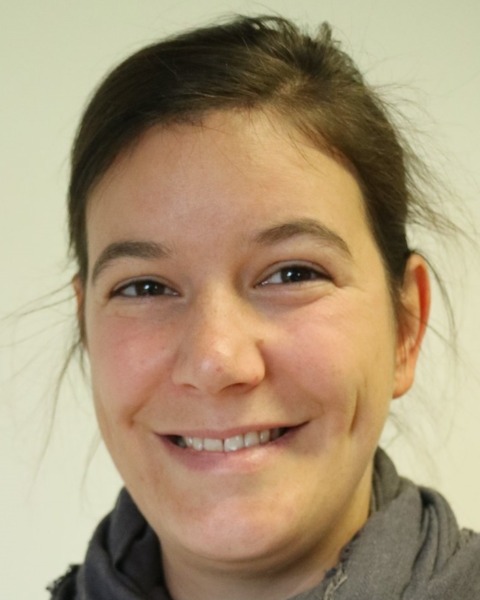Neonatal General
Neonatal General 8: NICU Practices 2
192 - Perinatal Providers Attitudes Towards Neonatal Transitional Support With Intact Umbilical Cord on a Mobile Resuscitation Platform Before Implementation
Publication Number: 192.332

Iris M. Merbeler, MSc (she/her/hers)
Psychologist
University Hospital Ulm, NICU
Ulm, Baden-Wurttemberg, Germany
Presenting Author(s)
Background: The use of a mobile resuscitation platform (trolley) for neonatal transitional support with intact umbilical cord has major implications for the perinatal providers. Workflows have to be revised and medical procedures have to be performed in front of parents. Parental presence during neonatal medical procedures and resuscitation is still a controversial issue and, so far, neonatal transitional support with a trolley is not comprehensively provided in Germany.
Objective: Evaluation of perinatal providers’ attitudes towards parental presence during medical procedures as part of neonatal transitional support and neonatal transitional support on a trolley with intact umbilical cord before implementation of the trolley.
Design/Methods:
This study was distributed in September 2022 and depicts the first part of a longitudinal survey. 82 interdisciplinary providers of Perinatal Center University Hospital Ulm answered a self-report questionnaire about their attitudes towards parental presence during different medical procedures as part of neonatal transitional support, anticipated advantages and disadvantages of parental presence as well as neonatal transitional support on a trolley. Data-analysis was performed with IBM SPSS.
Results: Most perinatal providers support parental presence for establishment of a vascular access and suction (92,7%), face mask ventilation (84,1%), intubation (54,9%) and resuscitation (53,7%). There are no significant differences between team members of different professions or with different length of professional experience. 72% of the respondents are supportive or very supportive of the intended use of the trolley. The percentage of respondents that expect advantages for newborn (63,4%) and parents (87,8%) is higher than the percentage of respondents that expect disadvantages (41,5% and 76,8%, respectively). Respondents see that the disadvantages outweigh the advantages for the providing team. They anticipate that a negative effect on communication, interruption of procedures by parents and increasing pressure on neonatal providers through parental presence. Neonatal clinicians worry that their training opportunities might be compromised.
Conclusion(s):
Readiness of perinatal providers to give neonatal transitional support on a trolley in presence of parents is high.In order to organize the trolley implementation as best as possible, concerns of perinatal providers have to be taken seriously. As new workflows are established, anticipated disadvantages should be compared to actual problems and solutions have to be developed.
